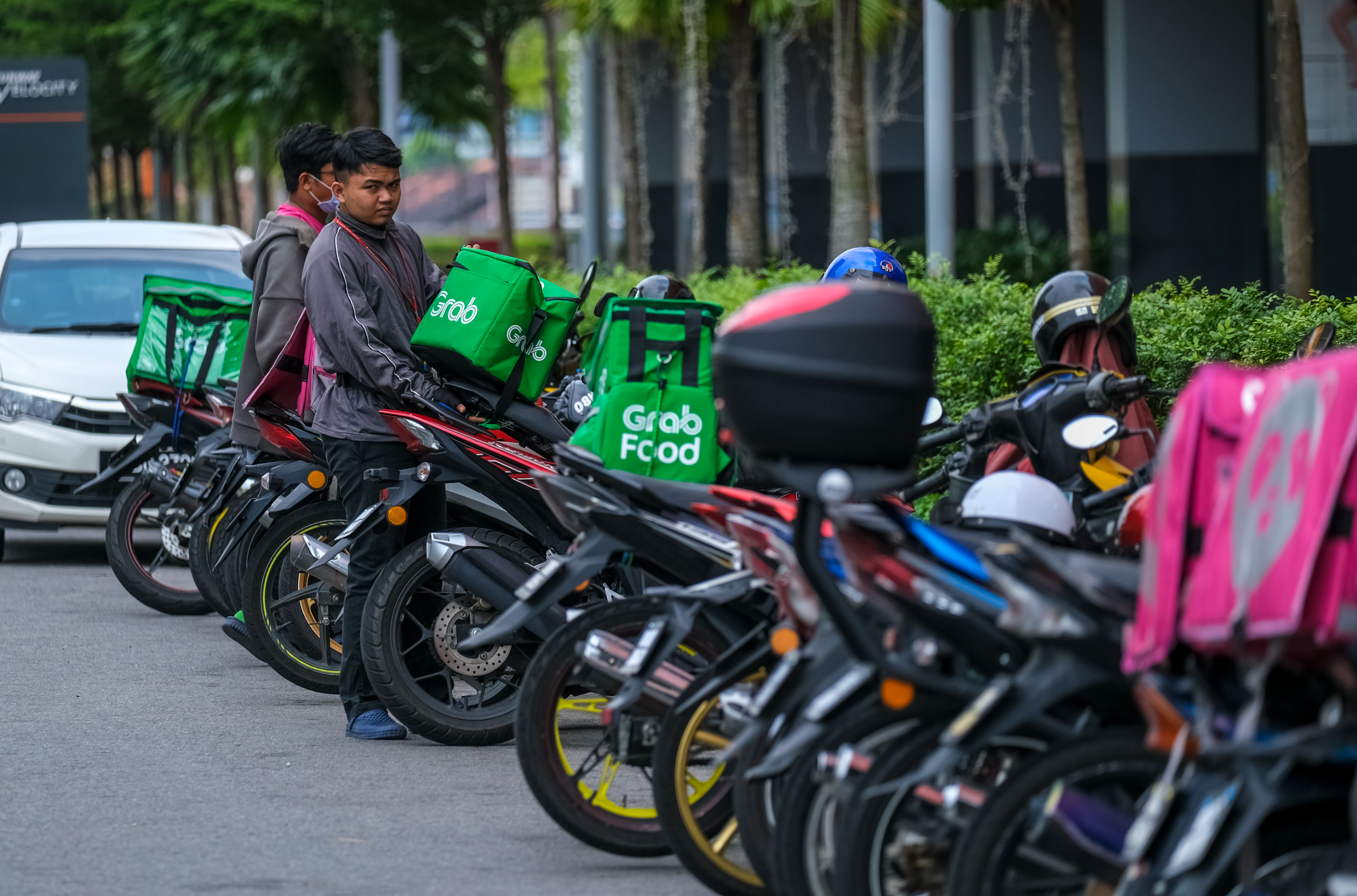More flexibility needed to encourage gig workers to contribute to pensions

Although Singapore’s Central Provident Fund (CPF) is ranked among the world’s top retirement schemes, there is still room for the gig workforce to contribute more to the national savings scheme, said panellists at the Mercer CFA Institute Global Pension Index.
Joelle Fong, Assistant Professor at the Lee Kuan Yew School of Public Policy, said pension systems around the world have been facing this issue of how to bring the informal workforce into formal pension systems. While self-employed workers can contribute voluntary to their CPF, she questioned, “how we can nudge them to contribute a more substantial percentage of their monthly wage into the system and trust it better”.
To this end, Singapore has been exploring ways to improve retirement and housing adequacy for platform workers like cabbies, delivery riders and private-hire car drivers who work on online platforms ride-hailing and food delivery apps.
A committee was formed last September to enhance the welfare and protection of this group of self-employed workers. Among the issues under discussion is whether platform companies should contribute to their workers’ CPF accounts.
READ: Gig workers in Singapore to receive more protection
To supplement the CPF for these workers, Fong suggested introducing corporate-sponsored pension plans. She cited Uber in Britain which launched its own pension scheme for platform workers, adding that local players might consider a similar programme.
The CPF is Singapore’s national savings scheme and is available to Singaporeans and permanent residents to ensure their retirement, housing and healthcare needs are met. Particularly on retirement, the republic is ranked ninth out of 44 retirement systems reviewed in the Mercer CFA Institute Global Pension Index.



